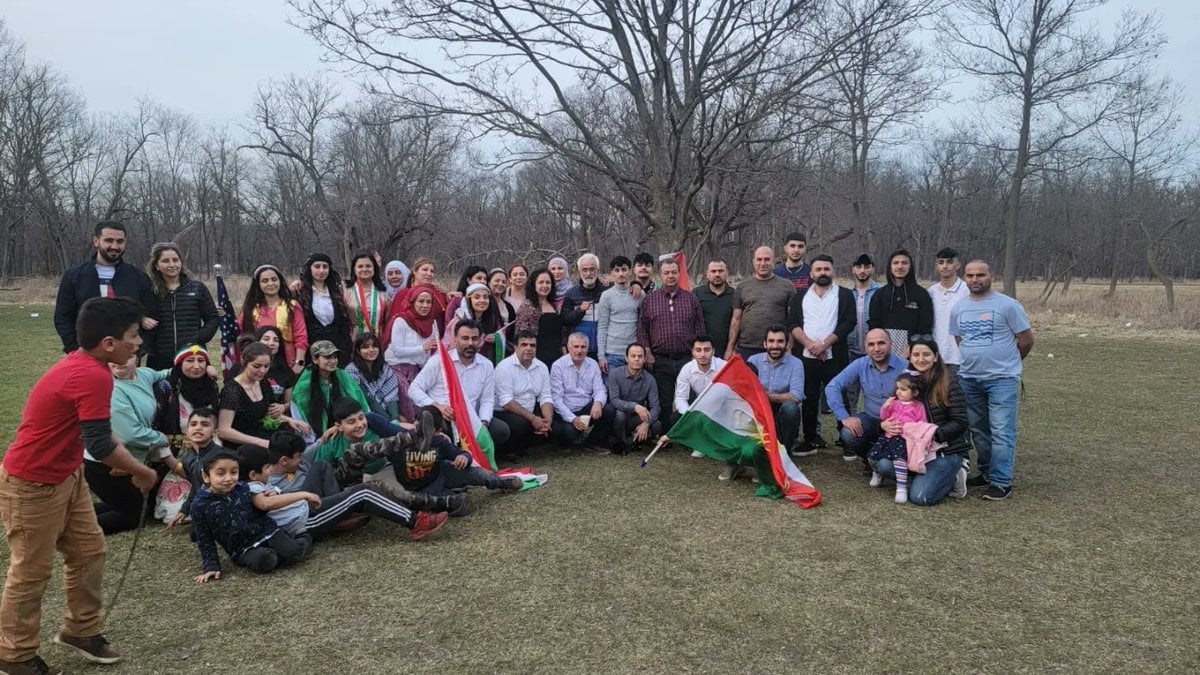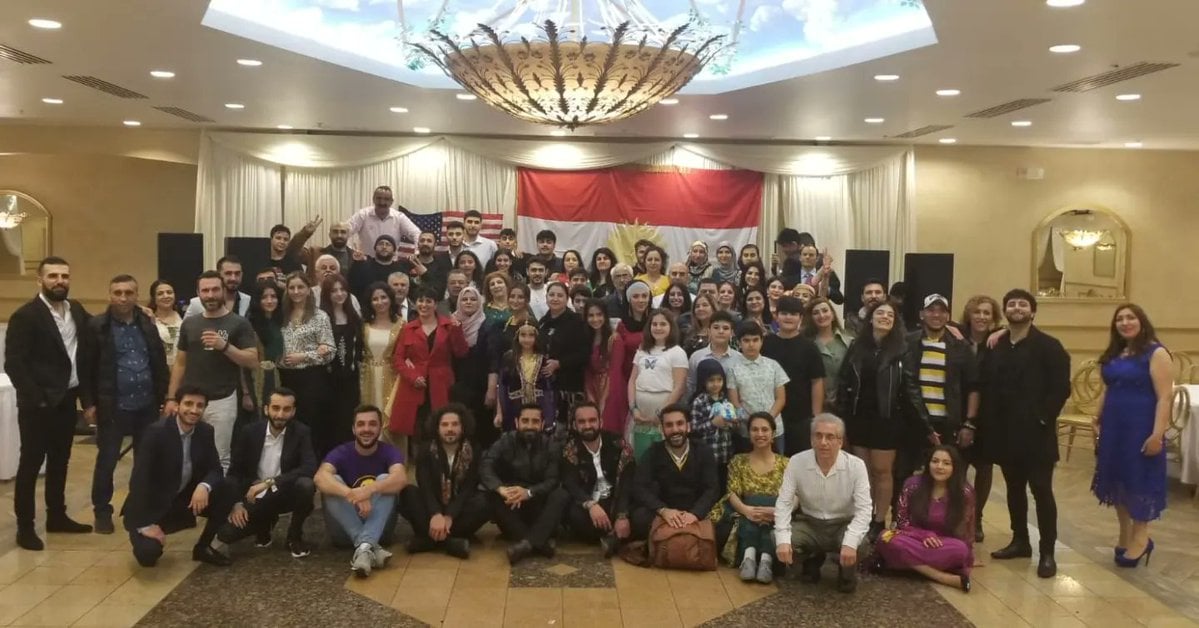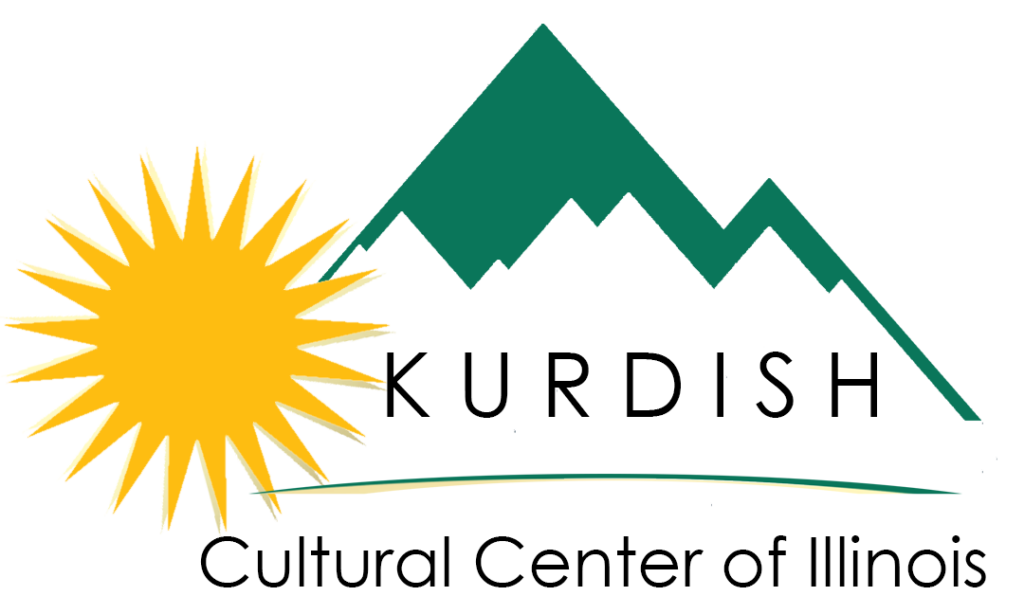ABOUT OUR CENTER
AT A GLANCE
Kurdish Cultural Center of Illinois is a 501(c)3 non-for-profit organization dedicated to the bringing of people of interest in Kurdish Culture together, and building relationships within American communities across the States regardless of their background. Here at the Kurdish Cultural Center of Illinois, we are driven by a single goal; to do our part in making the world a better place for all.
Kurdish Cultural Center of Illinois is achieving more with our initiatives than ever before. We work on many exciting projects to help improve the lives of others, and are very proud of the progress we continue to make.
ABOUT OUR PEOPLE
WHO WE ARE
The Kurds are one of the indigenous people of the Mesopotamian plains and the highlands in what are now south-eastern Turkey, north-eastern Syria, northern Iraq, north-western Iran and south-western Armenia, make up the fourth-largest ethnic group in the Middle East, but have never obtained a permanent nation state.
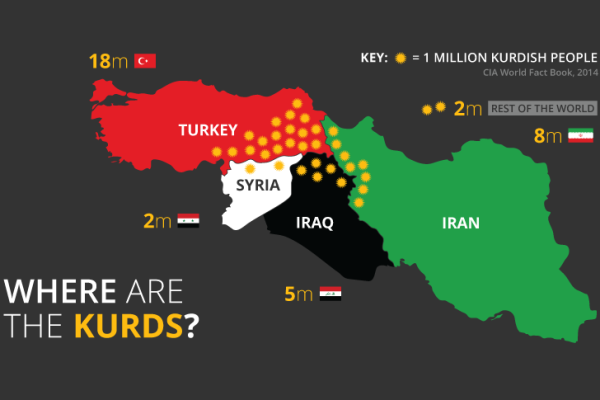
Boundaries & Political Geography
Kurdistan, a vast homeland spanning 200,000 square miles, is located in the northern Middle East. Defined by Kurdish ethnic majority, it borders major ethnic groups. Historically, the territory fluctuated, expanding and contracting.
Currently divided among Turkey, Iran, Iraq, Syria, and the former Soviet Union, Kurdistan faces challenges of geopolitical divisions.
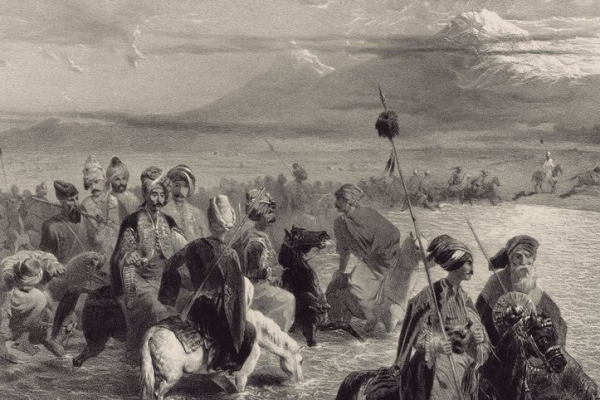
Origin of The Kurds
Discover the fascinating history of the Kurdish people. From the earliest steps towards agriculture and urbanization in Kurdistan thousands of years ago to the influence of various ancient civilizations, the Kurds have evolved through centuries of assimilation and cultural exchange.
Learn about the Hurrians, Indo-Europeans, and other groups that shaped the Kurdish identity.
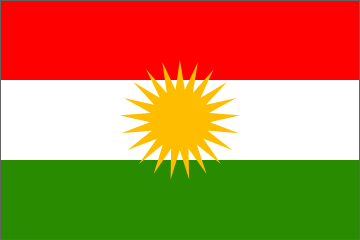
Flag of Kurdistan
The National Flag, initially introduced by the “Society for the Uplift of Kurdistan” in their fight for independence, gained significance at the Paris Peace Conference in 1920. It symbolized Kurdish aspirations for self-rule. After being adopted by the Republic of Kurdistan in 1946, it became widely recognized in the region.
The flag bears the memory of Kurdish patriots who sacrificed their lives for independence. Despite enduring hardships, Kurds continue to raise the flag as they strive for dignity and a self-determined future.
GET INVOLVE NOW
Make a difference today
Donate
Lorem ipsum dolor sit amet, consectetur adipiscing elit. Ut elit tellus, luctus nec ullamcorper mattis, pulvinar dapibus leo.
Become a Sponsor
Lorem ipsum dolor sit amet, consectetur adipiscing elit. Ut elit tellus, luctus nec ullamcorper mattis, pulvinar dapibus leo.
Become a Volunteer
Lorem ipsum dolor sit amet, consectetur adipiscing elit. Ut elit tellus, luctus nec ullamcorper mattis, pulvinar dapibus leo.
OUR NUMBERS
Our Events
Board Games Night
Kurdish Cultural Center of Illinois 4217 N Milwaukee Ave, Chicago, IL, United StatesHi everyone, We are going to host board games nights during the winter every Thursday at 8:00pm at the center. We have monopoly, uno and scrabble but you are welcome […]
Board Games Night
Kurdish Cultural Center of Illinois 4217 N Milwaukee Ave, Chicago, IL, United StatesHi everyone, We are going to host board games nights during the winter every Thursday at 8:00pm at the center. We have monopoly, uno and scrabble but you are welcome […]
Board Games Night
Kurdish Cultural Center of Illinois 4217 N Milwaukee Ave, Chicago, IL, United StatesHi everyone, We are going to host board games nights during the winter every Thursday at 8:00pm at the center. We have monopoly, uno and scrabble but you are welcome […]

